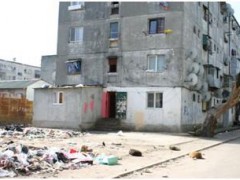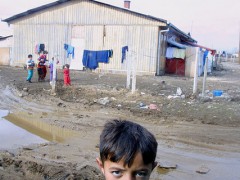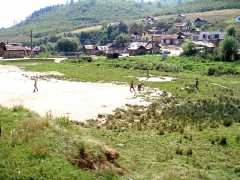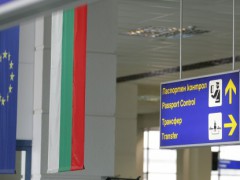-

Women in the ghetto. Can we break the vicious circle?
A mere two subway stops away from Bucharest’s center lies the ghetto of Ferentari. It’s Romania’s most dangerous neighbourhood, a festering pocket of crime, gangs, drug addiction, drug trafficing, prostitution, abject deprivation and multi-layered exclusion. 100,000 Romanians call it home. During the interwar period and all the way through the […]
Read all posts for ‘Roma’
-

Roma in Bulgaria: a neglected abandoned minority
At the moment Bulgaria is governed by a caretaker government appointed by the president because the ruling party GERB resigned at the end of February after a series of country-wide protests. They started innocently enough against the unexpectedly high electricity bills people were unable to pay. All that citizens wanted […]
-

Slovakia: more young people = more unemployment?
Like most of the developed world, Slovakia also faces the problem of an aging population. With ever more elderly people and fewer children, the state pension system requires the raising of the age of retirement age which, in turn, means that fewer jobs are around for young people. Yet Slovakia […]
-

When justice fails in Bulgaria, citizens are forced to take the law into their own hands
“It’s not fair that I am free, but the law supports me,” said 16-year old Borislav shortly after he was released from detention. “I am very grateful there’re so many loopholes in the system.” A little over a year ago, he killed the 12-year old Tzvetan at a tram stop […]
-

Immigration and remittances in Europe
The issue of remittances within Europe is very differently perceived whether one is the “exporter” or recipient of people. For Western Europeans, the specter of the specter criminality-prone foreigners and the “Polish plumber’s” threat to working people’s wages looms large. For Central and Eastern Europeans, the remittances of their expatriates […]
